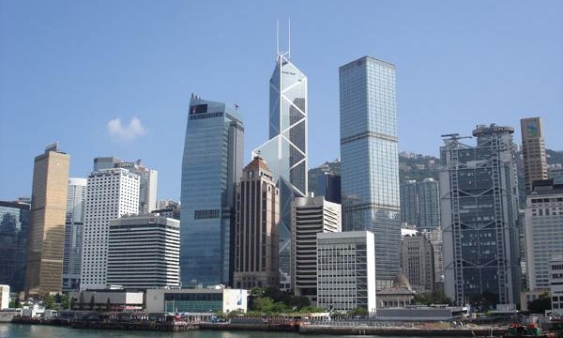
Volatile market tests Hong Kong banks' buffers
Local lenders face losses as stock markets globally fall to bear market.
Hong Kong banks’ capital and liquidity buffers built up since the 2008 Global Financial Crisis (GFC) will provide some cushion against near-term capital erosion, reports Fitch Ratings.
The lenders’ credit costs are expected to rise in 2020 as the banks factor in more downside-scenario assumptions to reflect the negative economic impact from the pandemic.
Further, banks’ face threats of higher mark-to-market unrealised losses from investments due to the recent stock market slump, as well as the near-term volatility in interest rates. The Hang Seng Index and Dow Jones Industrial Average Index are down by 15% and 21%, respectively, since the end of February 2020.
Margins will also likely remain under pressure as global policy interest rates and government bond yields are forecasted to remain low, which will depress reinvestment yields, said Fitch.
“Revenue challenges will also persist with weaker loan demand given the spread of the coronavirus globally and reduced investment appetite,” Fitch said in a note.
Despite this, local lenders are more than ready to meet the onslaught of negative factors, in part due to the buffers they’ve built up since the 2008 Global Financial Crisis, according to Fitch. Banks are now more prudent with their investment holdings than they were 12 years ago. Investment securities now make up around 250% of bank equity on average in 2019, compared to only around 300% in 2008.
Interbank rates in Hong Kong are observed to have spiked during the third week of March, driven by investors chasing dollar assets. The one-month HIBOR rose about 70bp to 1.8%, influenced by a higher US dollar LIBOR due to the dollar peg, domestic IPO activities, and quarter-end deposit competition in Hong Kong.
“We expect that most Hong Kong banks' risk mitigation and buffers will broadly be maintained, despite the near-term challenges from the pandemic. However, a prolonged outbreak that undermines the system's liquidity and capital buffers, may lead to a lower assessment of Hong Kong's operating environment,” Fitch said.
“Erosion of Hong Kong's status as an international financial centre and US dollar funding hub will also affect our assessment, as funding and liquidity is a relative rating strength for most Hong Kong banks and this is directly attributable to the system's ample liquidity,” the note concluded.






















 Advertise
Advertise








